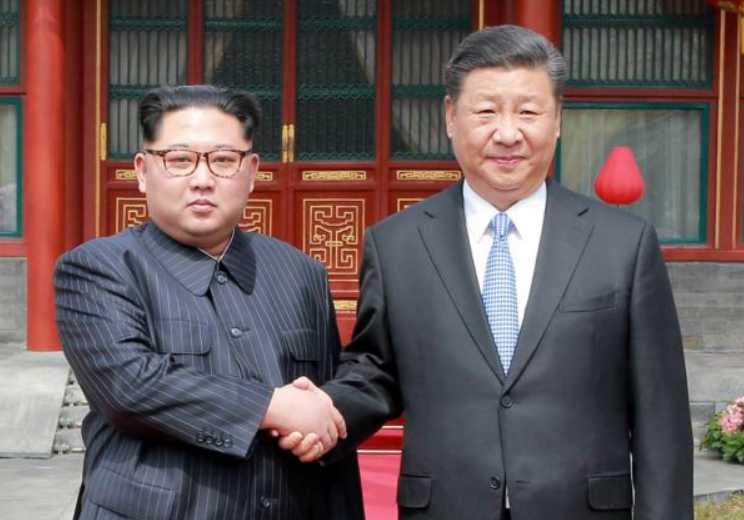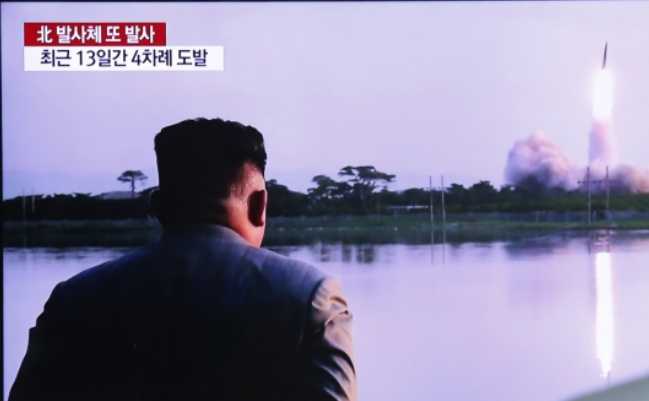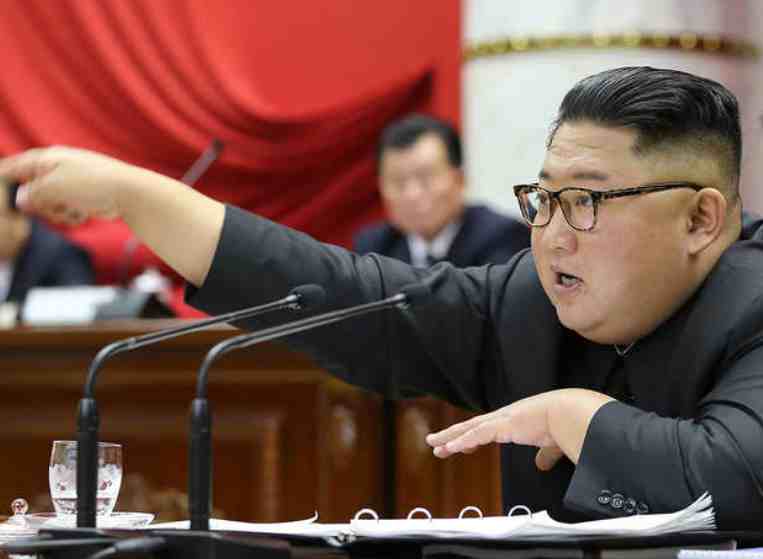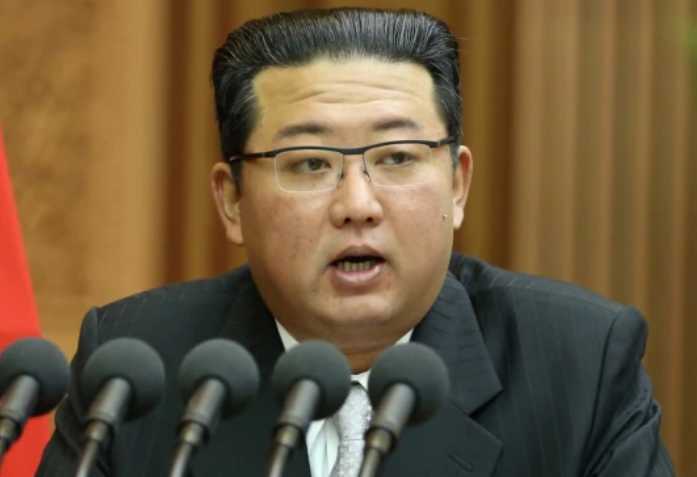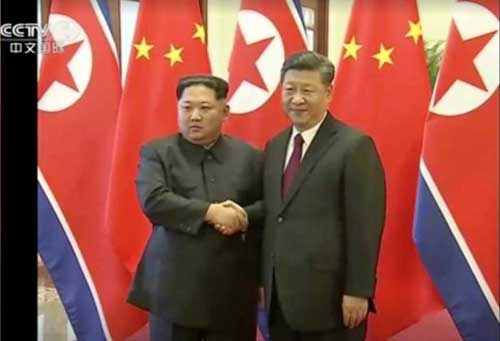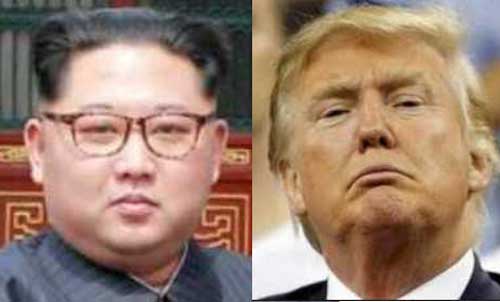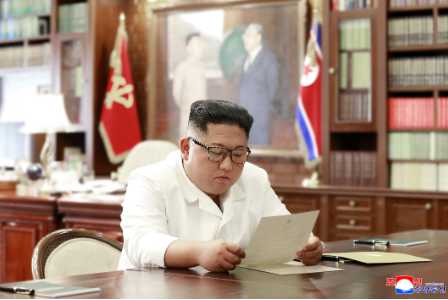WHITE HOUSE — U.S. President Donald Trump said Friday the much-anticipated summit with North Korean leader Kim Jong Un that he, Trump, canceled Thursday could still place as originally scheduled.
“We’ll see what happens,” Trump said before leaving the White House to deliver the commencement address at the nearby U.S. Naval Academy. “It could even be the 12th.”
WATCH: Trump on North Korea summit
Trump said U.S. and North Korean officials are engaged in talks aimed at reviving plans for the summit. “They very much want to do it. We’d like to do it. We’re going to see what happens.”
U.S. Defense Secretary Jim Mattis echoed those remarks Friday, telling reporters at the Pentagon that ongoing discussions between Washington and Pyongyang could put the summit “back on” track.
“That diplomats are still at work on the summit, (the) possibility of a summit, so that’s very good news,” Mattis said.
When asked if the summit could still be on June 12, Mattis was non-committal, saying only, “The diplomats are working it but nothing’s changed.”
Earlier Friday, Trump said North Korea’s response to his cancellation of the summit was “warm and productive” and expressed hope it would lead to “long and enduring prosperity and peace.”
North Korea said Friday it is still willing to sit for denuclearization talks with the United States “at any time, (in) any format.”
North Korean Vice Foreign Minister Kim Kye Gwan, a longtime nuclear negotiator and senior diplomat, said in a statement carried by state media that the North is “willing to give the U.S. time and opportunities” to reconsider talks.
What prompted cancellation
Trump canceled the planned talks with Kim on Thursday, blaming recent threatening statements by Pyongyang to pull out of the summit over what it saw as confrontational remarks by U.S. officials.
The North Korean diplomat said Pyongyang’s recent criticisms had been a reaction to unbridled American rhetoric, and that the current antagonism showed “the urgent necessity” for the summit.
“We have inwardly highly appreciated President Trump for having made the bold decision, which any other U.S. presidents dared not, and made efforts for such a crucial event as the summit,” Kim Kye Gwan’s statement said.
In a letter released by the White House on Thursday, Trump said, “I was very much looking forward to being there with you. Sadly, based on the tremendous anger and open hostility displayed in your most recent statement, I feel it is inappropriate at this time to have this long-planned meeting.”
The White House said Trump dictated the letter himself.
Sadly, I was forced to cancel the Summit Meeting in Singapore with Kim Jong Un. pic.twitter.com/rLwXxBxFKx
— Donald J. Trump (@realDonaldTrump) May 24, 2018
According to a senior administration official, other factors also led the president to cancel the summit, including poor communication, broken promises and the North Koreans’ failure to show up for a preparatory meeting in Singapore.
“We simply couldn’t get them to pick up the phone,” a White House senior official told reporters on Thursday.
The last straw, according to the White House, was an insult of U.S. Vice President Mike Pence earlier Thursday in a statement by North Korea’s vice foreign minister, Choe Son Hui. She called Pence a “political dummy” and warned – in rhetoric typical of that uttered by Pyongyang – of a nuclear confrontation. In his letter, Trump responded in kind, referencing U.S. nuclear capabilities “so massive and powerful that I pray to God they will never have to be used.”
Trump has emphasized that sanctions and “the maximum pressure campaign will continue” to be applied on North Korea while expressing hope Pyongyang’s leadership would decide to join the community of nations.
Reaction from Asia
Trump’s letter caught allies by surprise. The president did not call South Korean President Moon Jae-in or Japanese Prime Minister Shinzo Abe to inform them of it, White House officials confirmed.
Moon expressed “deep regret” over the summit’s cancellation and urged that direct talks between Washington and Pyongyang be held as soon as possible.
North Korea had threatened to pull out of the unprecedented summit after U.S. officials advocated a so-called Libya model approach, which involved that African country’s total nuclear dismantlement before any concessions were granted.
National Security correspondent Jeff Seldin contributed to this report
Source: VOA
[content id=”35021″]

